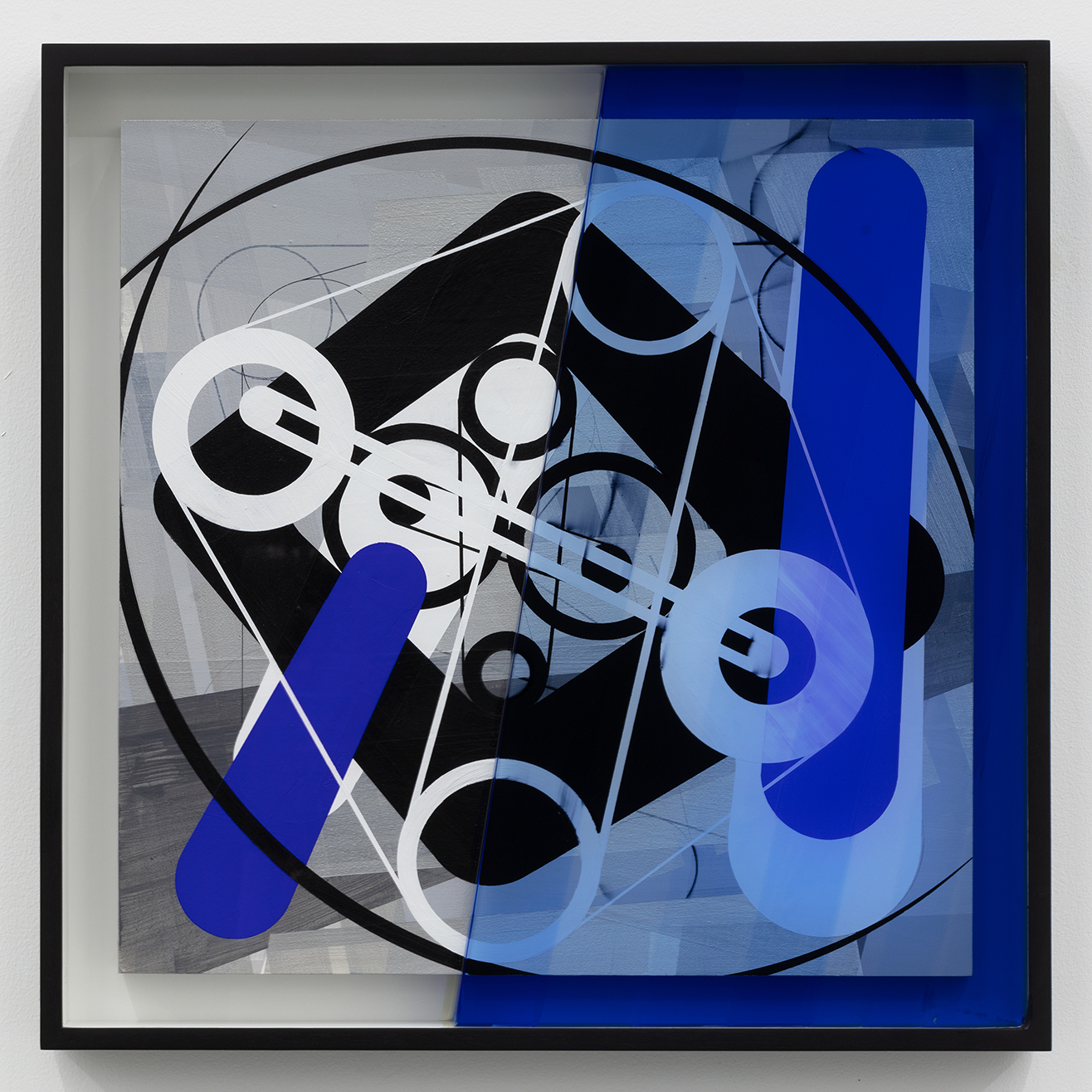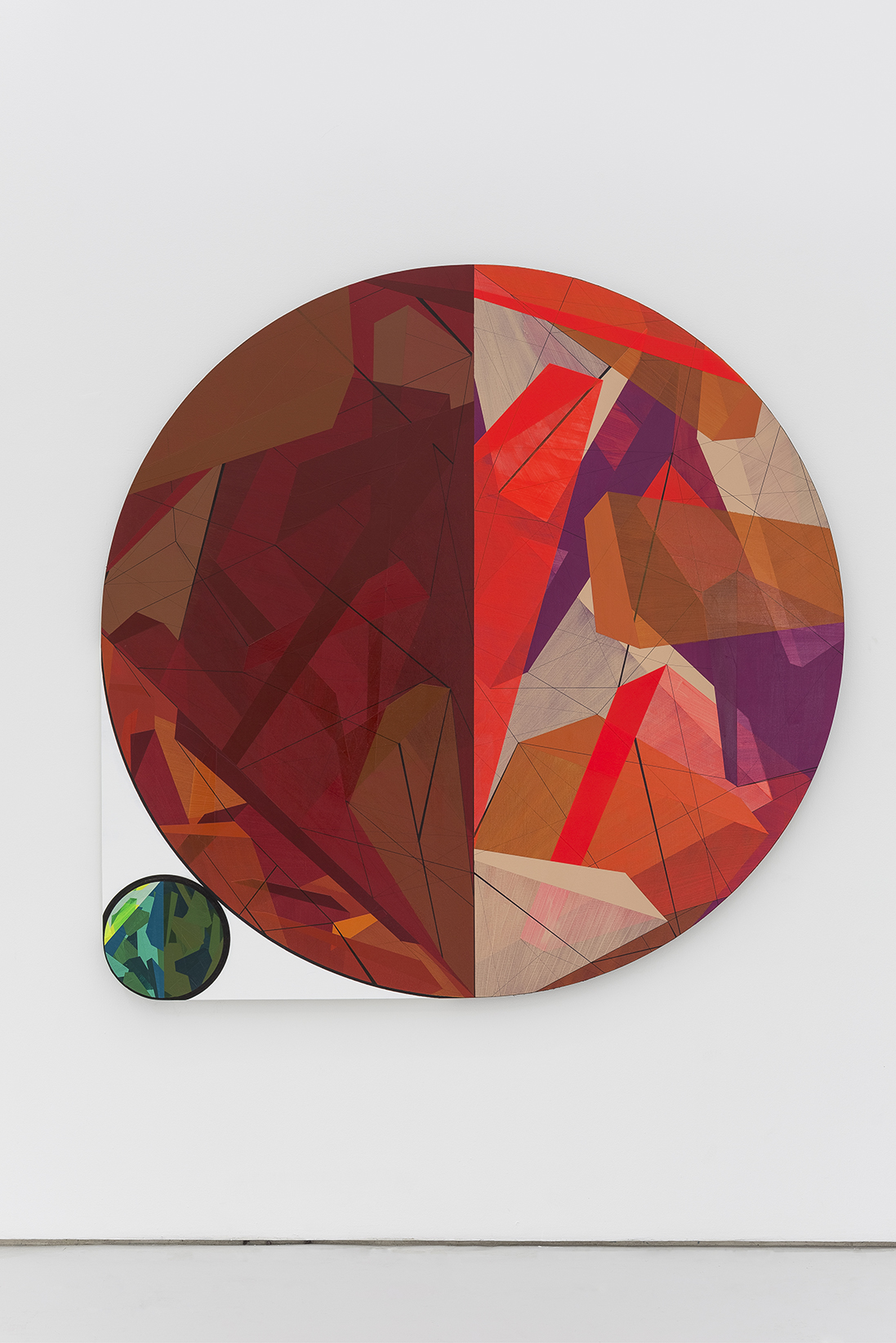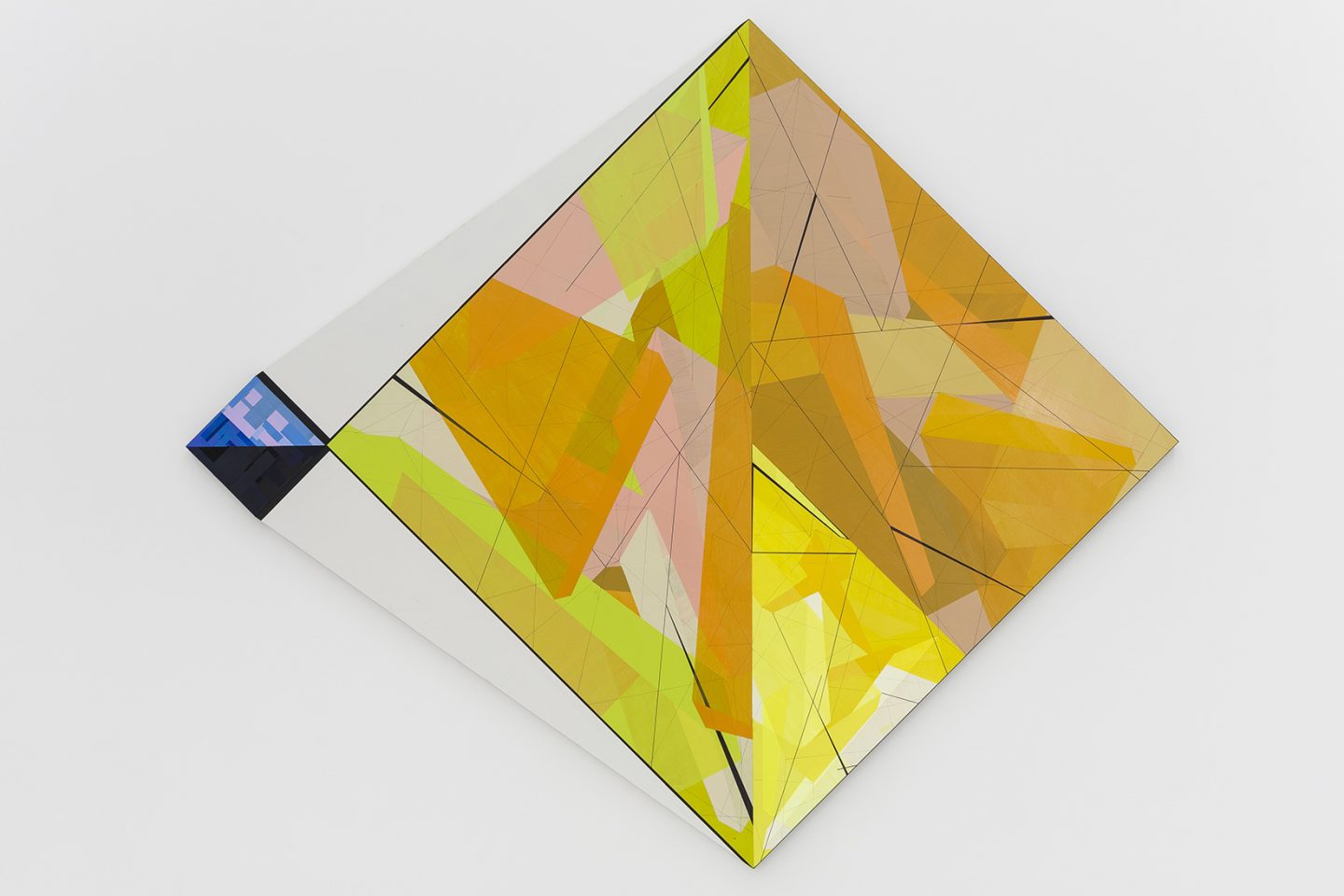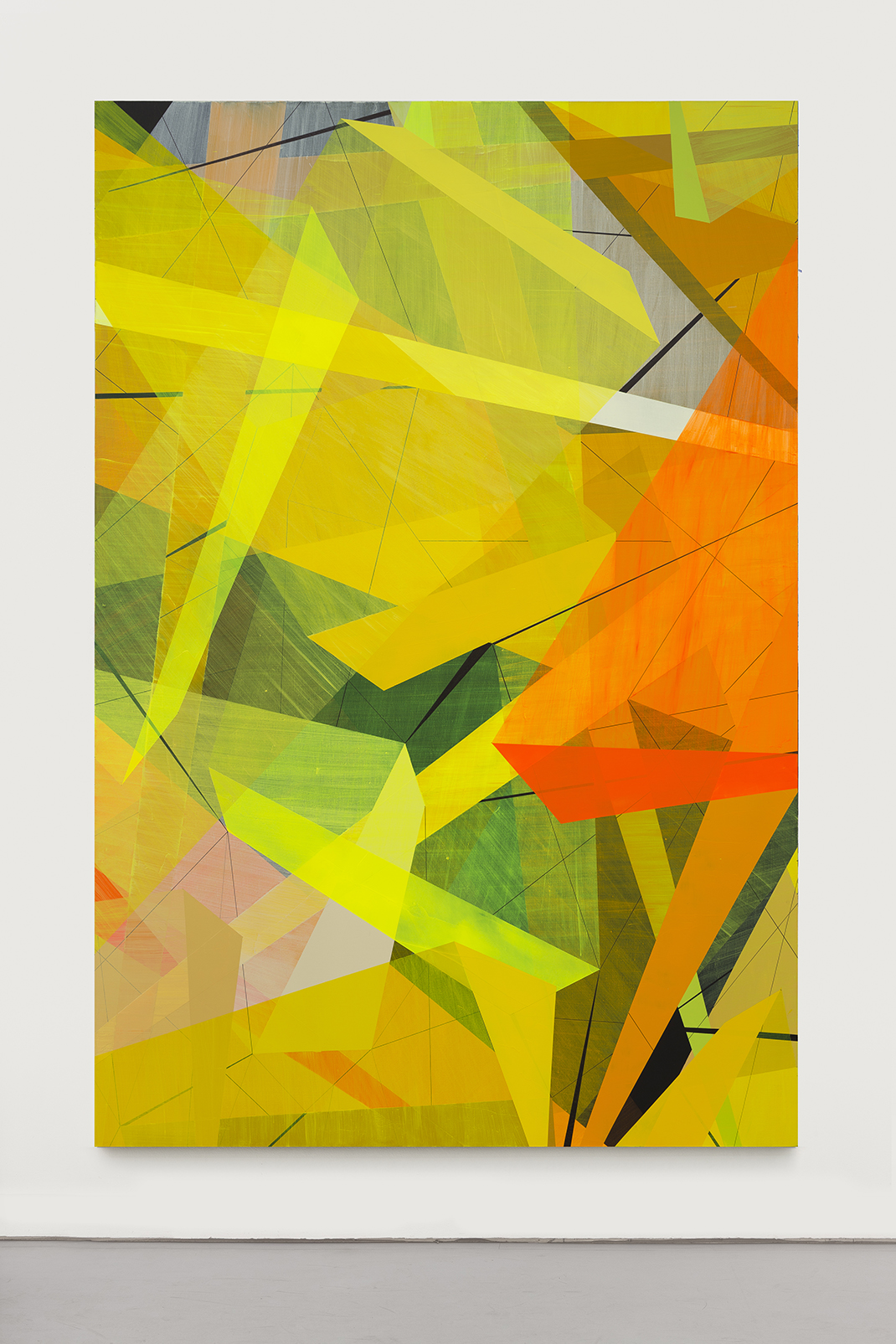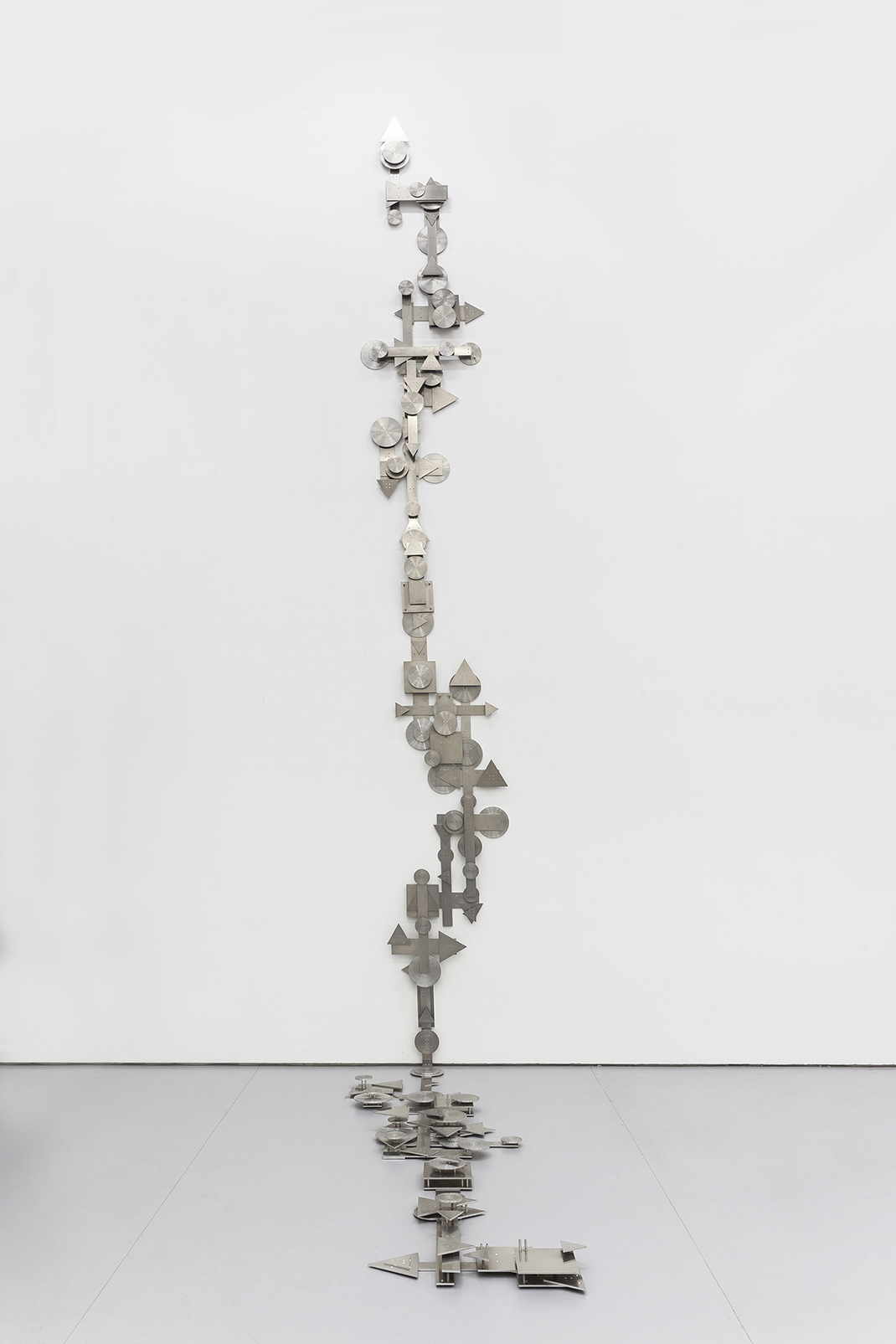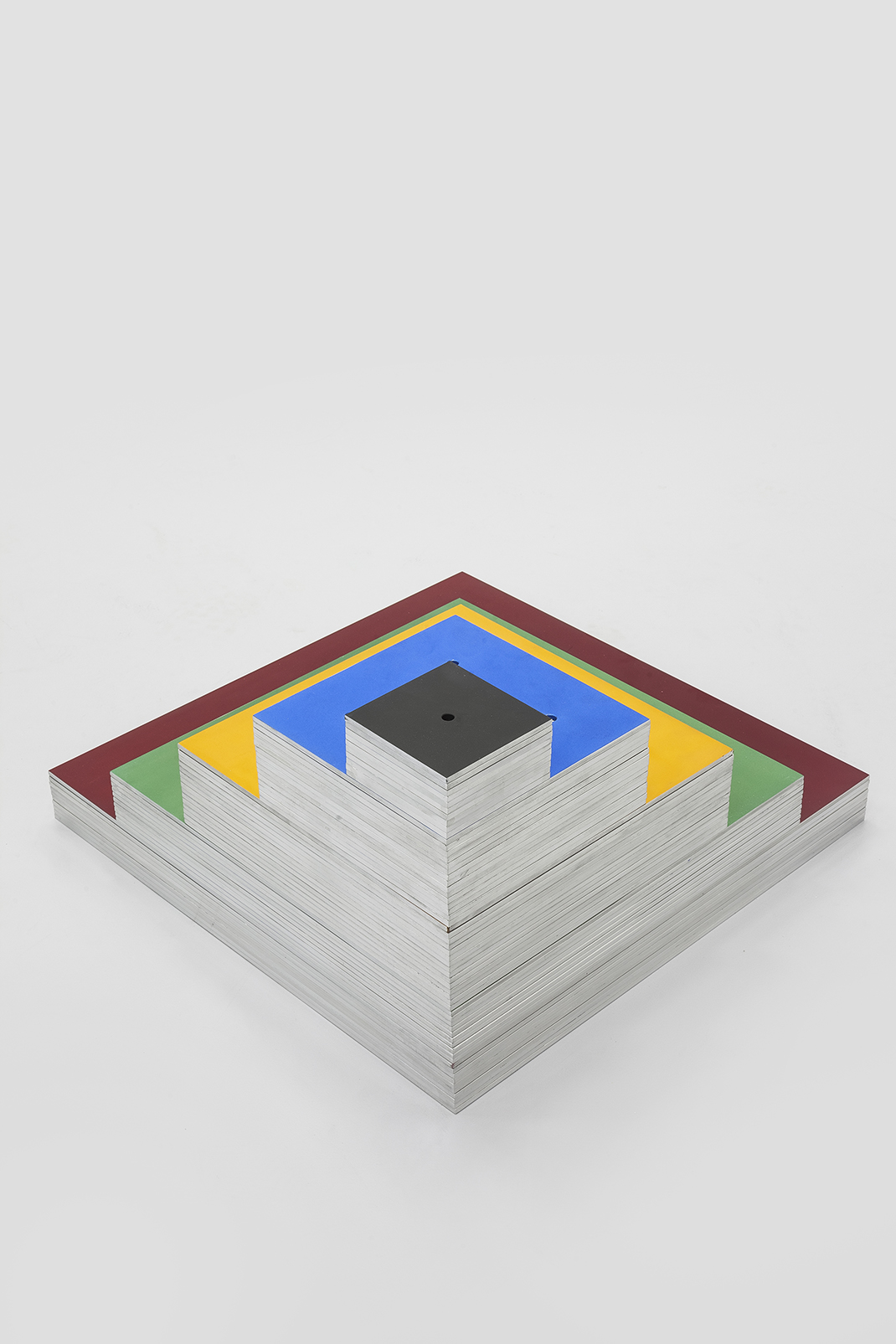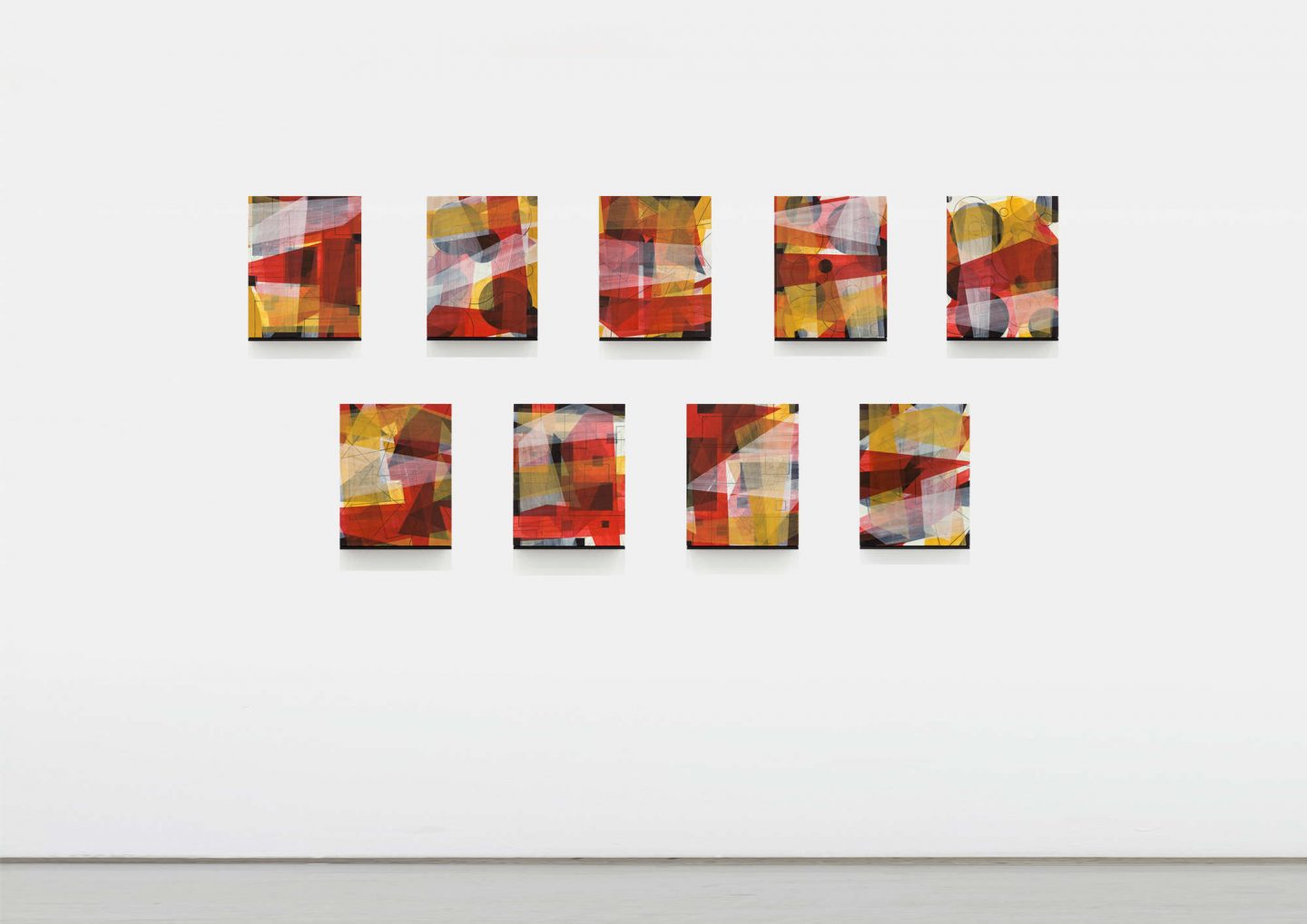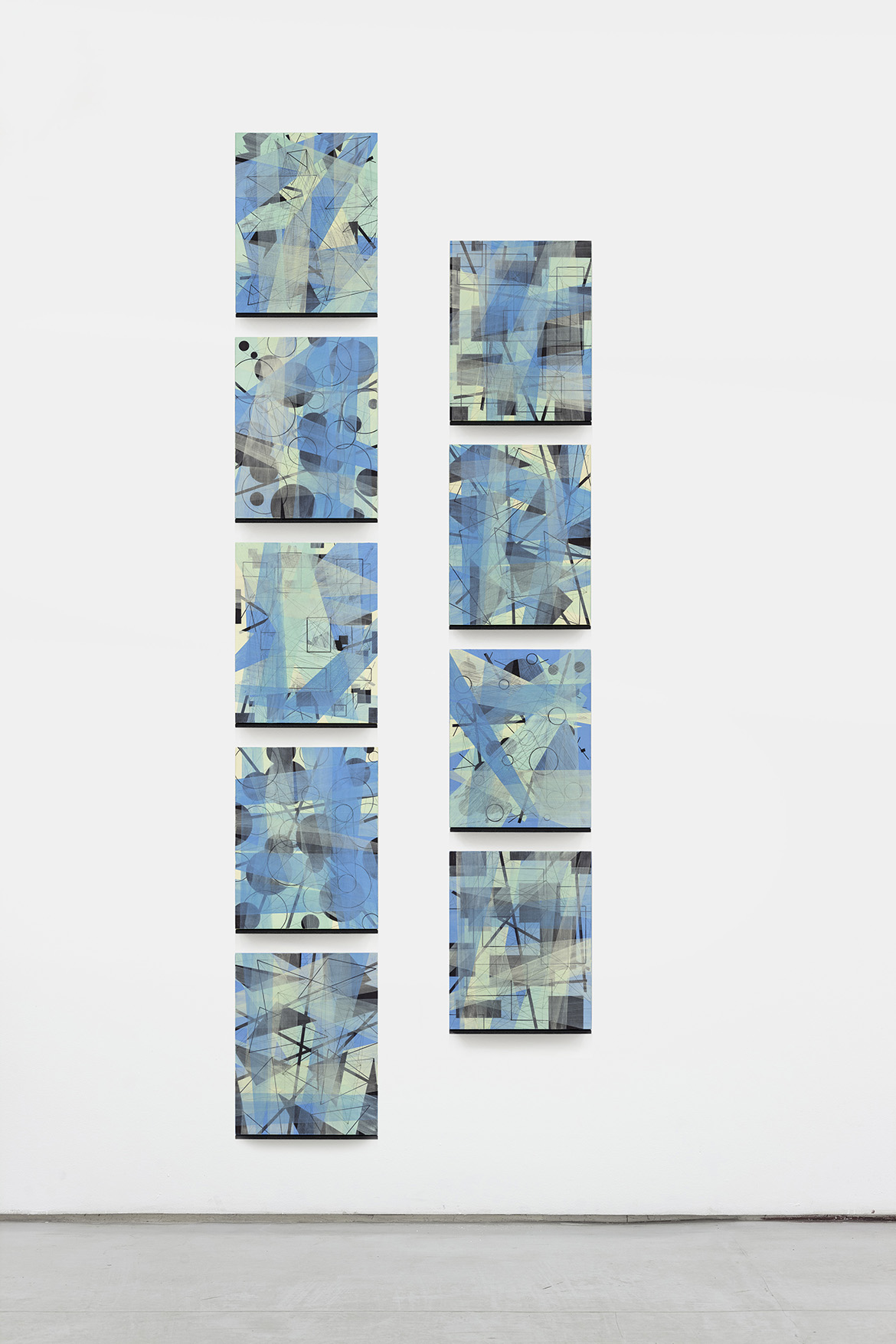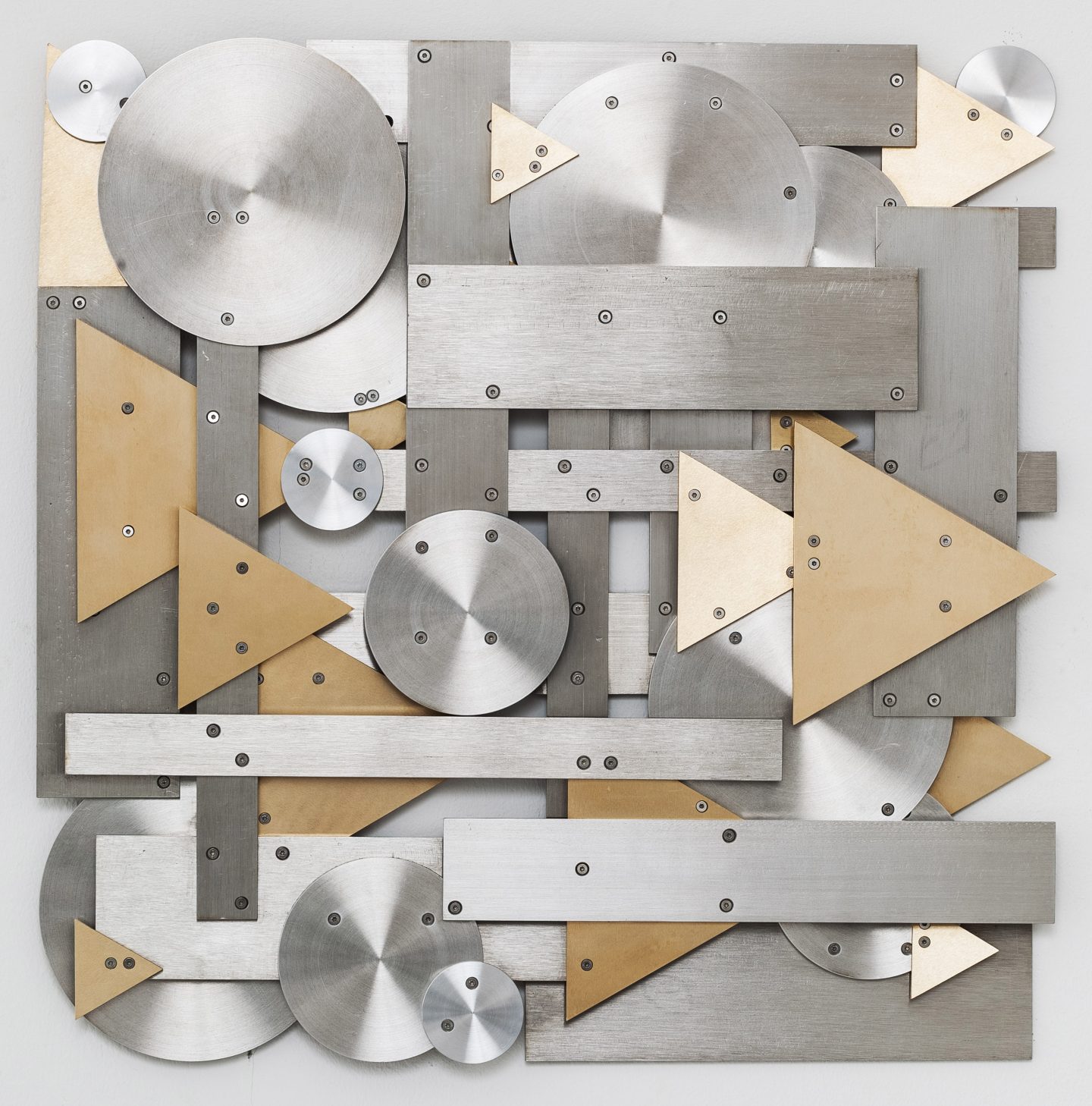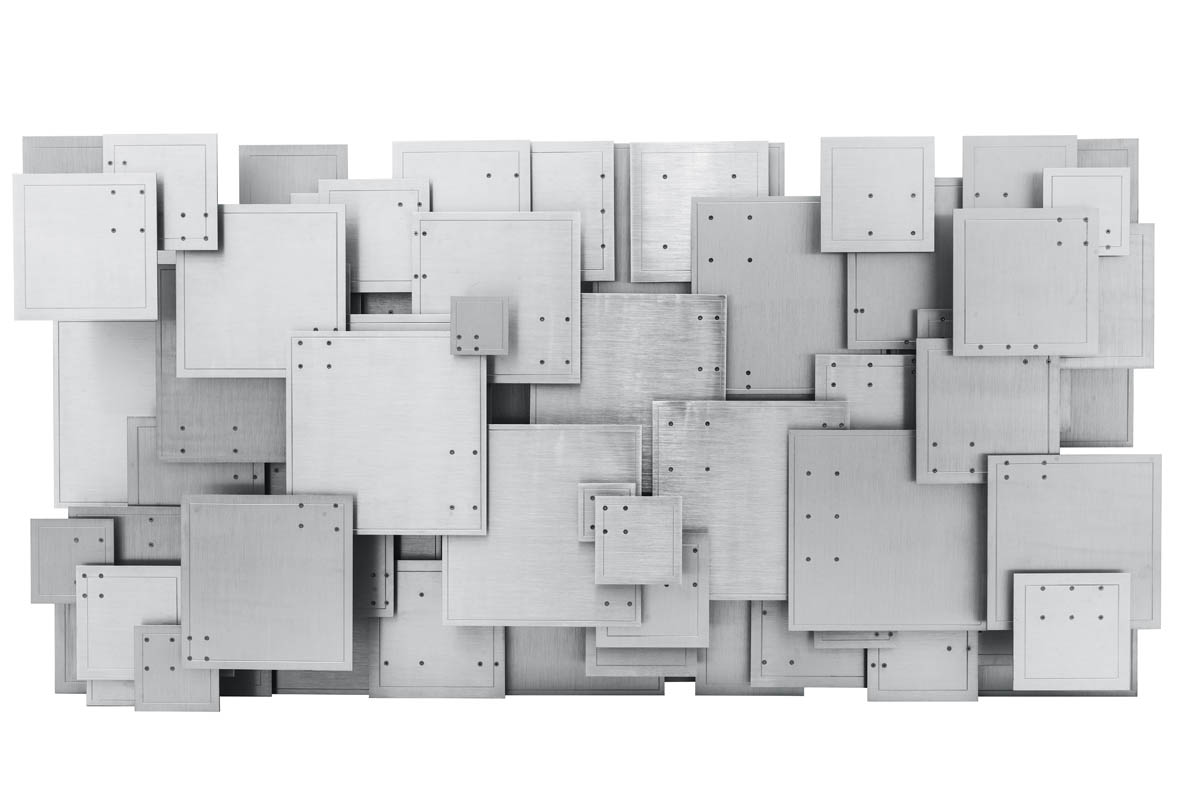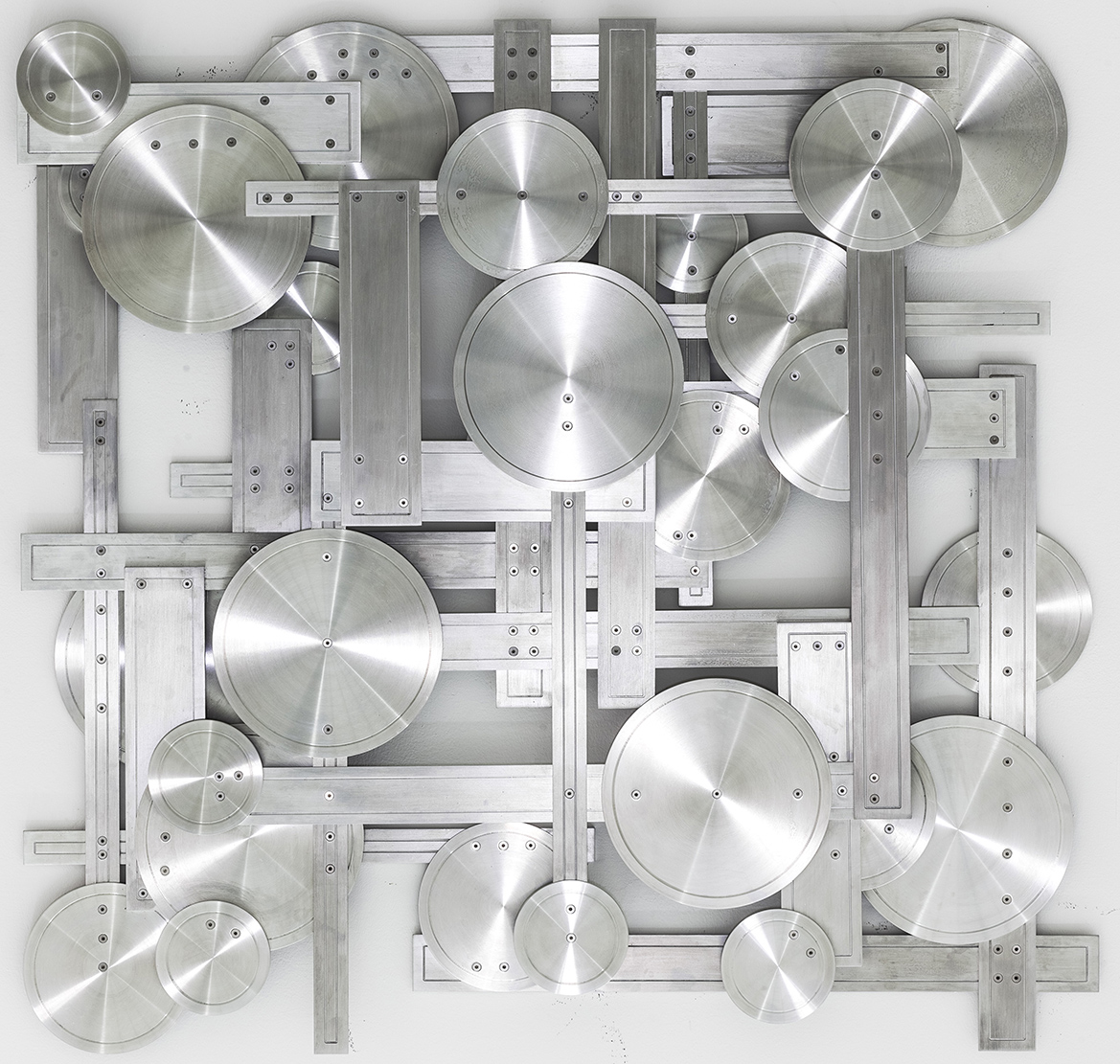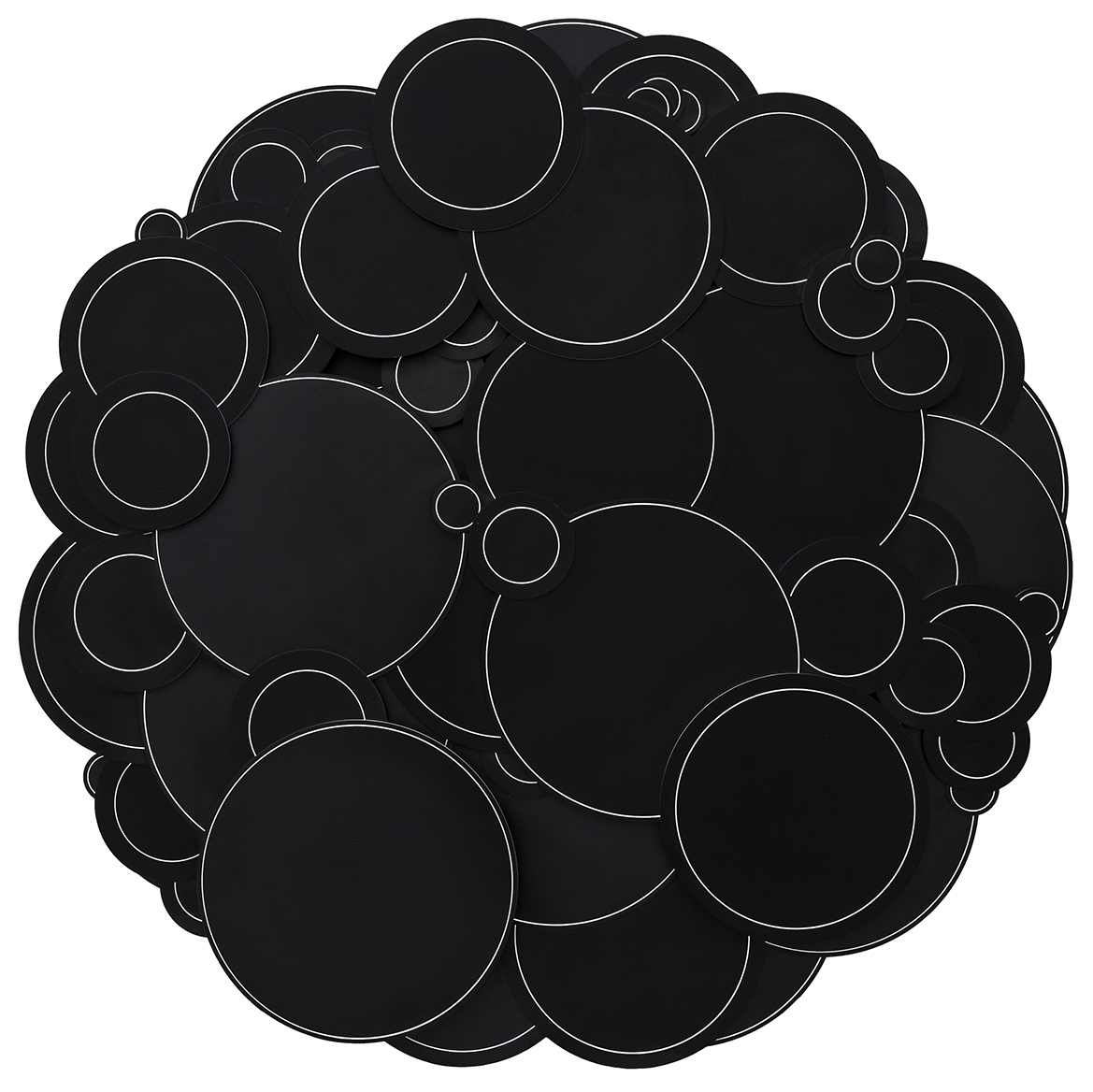QIN Jun

Qin Jun (b. 1987, Liaoning, China) received his Bachelor’s degree in Sculpture from Dalian Polytechnic University in 2010 and his Master’s degree in Fine Art from Winchester School of Art, University of Southampton, in 2011. He currently lives and works in Beijing.
Qin Jun’s sculpture practice revolves around abstract visual forms, constructing dynamic structures that balance complexity and intensity. His recent works draw from industrial aesthetics, biological history, science fiction, and digital technology to explore the intricate relationships between humanity, nature, and technology. Grounded in an imagined vision of future biological worlds, his works employ metaphors of “hunting” and “specimen collection” to capture and present a technologically driven ecological landscape. Through this approach, he examines humanity’s desire to transform and claim ownership over nature using technology. His works are not only speculative reconstructions of future species but also critical reflections on anthropocentrism and technological hegemony.
In his painting practice, Qin Jun’s works exhibit an inward sense of contraction, where he blends color and light to project sculptural spatial dynamics onto a two-dimensional surface, disrupting conventional notions of pictorial space. Rather than replicating real-world objects, his paintings focus on the relationship between form and space, aiming to create visual experiences that transcend the richness of the three-dimensional world on the plane. While rooted in visual perception, his works are not about the reproduction of reality; instead, they explore the interplay between two-dimensional and three-dimensional realms through self-imposed structural constraints.
Qin Jun’s artistic practice consistently revolves around spatial perception and material experimentation. Working between sculpture and painting, he continuously explores their intersections, developing a distinct visual language. His works not only demonstrate the rigor and innovation of form but also embody profound reflections on the human condition.



















